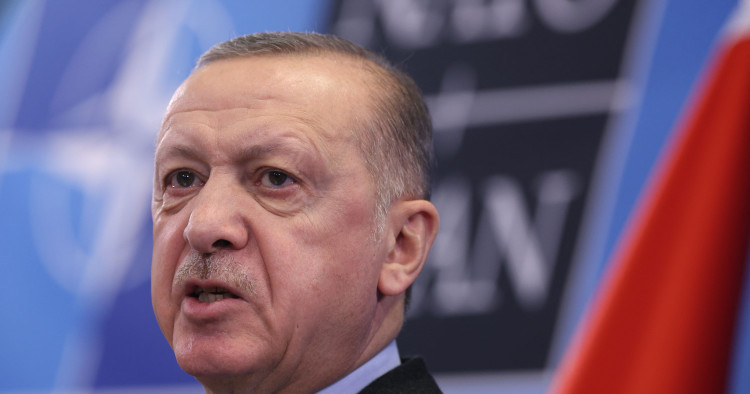In a historic call last week, Abdullah Öcalan, the jailed Kurdish militant leader, asked fighters with his Kurdistan Workers’ party (PKK) to lay down their arms. The announcement is part of recently launched talks between Öcalan and Turkish President Recep Tayyip Erdoğan’s nationalist coalition. Ending a 40-year war that left 40,000 people dead is something to be celebrated. But consider why the PKK emerged in the first place and optimism quickly fades.
Why, then, does Öcalan think it is time for the PKK to lay down its arms?
Continue reading in Financial Times
The Middle East Institute (MEI) is an independent, non-partisan, non-for-profit, educational organization. It does not engage in advocacy and its scholars’ opinions are their own. MEI welcomes financial donations, but retains sole editorial control over its work and its publications reflect only the authors’ views. For a listing of MEI donors, please click here.













